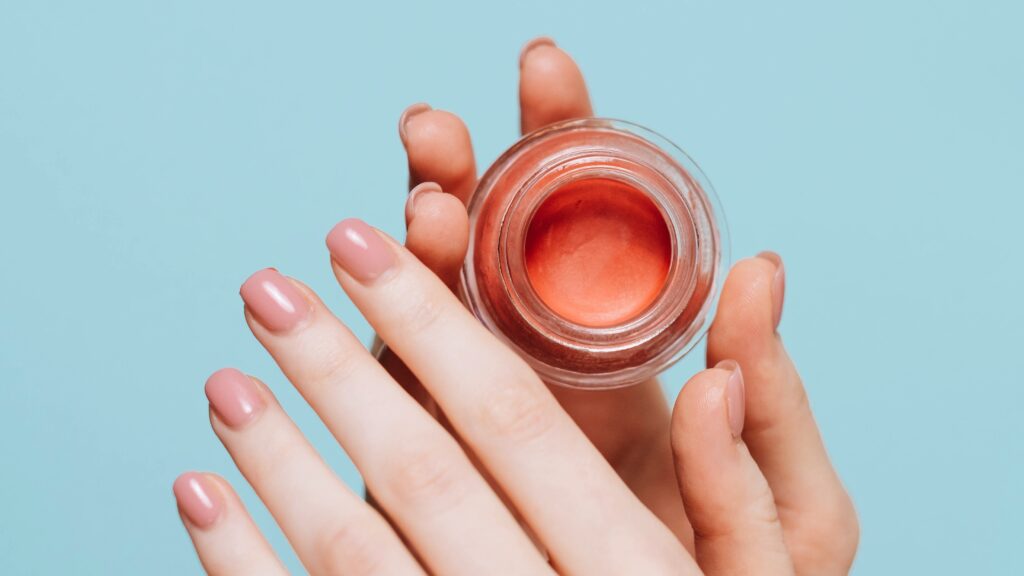Maine just became the 6th U.S. state to ban cosmetic animal testing.
Governor Janet Mills signed the Act To Ban the Sale of Cosmetics That Have Been Tested on Animals (LD 1551) into law on June 10, 2021.
The legislation was sponsored by Representative Vicki Doudera (D-Camden), and will restrict all manufacturers from selling cosmetic products developed or manufactured using animal testing on or after November 1 this year.
The state-wide measure will come into effect 90 days after the Legislature adjourns. Maine joins Hawaii, California, Illinois, Nevada, and Virginia in implementing legislation to ban the production and sale of animal tested cosmetics, but New Jersey, Maryland, New York, Rhode Island, and Oregon are also considering restrictions.
“Maine has now joined the growing number of states that have acted to end the needless suffering animals endure to test cosmetics,” said Katie Hansberry, Maine state director for the Humane Society of the United States, in a statement.
Is Animal Testing Banned?
While over 40 countries currently have restrictions in place to limit cosmetic animal testing, including China, the U.S. currently has no nationwide ban. But global public opinion is changing fast, and even cosmetics brands with particularly controversial histories of animal testing are explicitly distancing themselves from the practice.
According to the Humane Society, several of the companies currently selling cosmetics in Maine also signed on in support of the new legislation. These include Lush, SaltyGirl Beauty, True North Beauty, and One Earth Natural Food Store.
Animal protection and advocacy nonprofit Cruelty Free International (CFI) reports that at least 79 percent of Americans would support a federal ban on cosmetic animal testing, regardless of their age, beliefs, and political views.
Non-Animal Testing vs Animal Testing
Animal testing is typically less efficient than modern non-animal tests such as advanced computer modelling and studies involving human volunteers, which are both more accurate and more cost-effective. There is also a large body of well-established cosmetics ingredients with a history of safe use, which require no additional testing.
“Not only is the practice of testing cosmetic products on animals inhumane, it is unnecessary,” said Doudera in a statement published by Maine.gov. “Cosmetics companies have the ability to use existing ingredients with a history of safe use and can choose from a wide range of new, non-animal testing methods.”
“These new methods not only spare animal lives, but they also represent the best that science has to offer and can provide data more relevant to human exposure, ensuring that cosmetics are safe. Maine should be proud to be the sixth state to pass a law to ban this inhumane treatment,” she added.
Looking for products you know are totally free of animal testing? Check out the LIVEKINDLY guide to cruelty-free lip products here, picked by a dermatologist.


